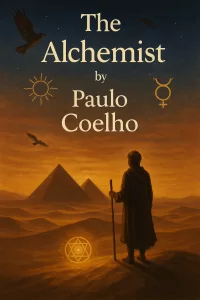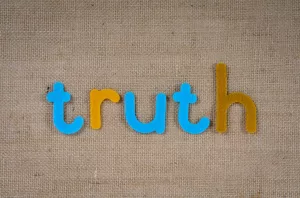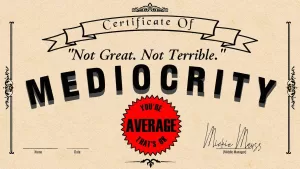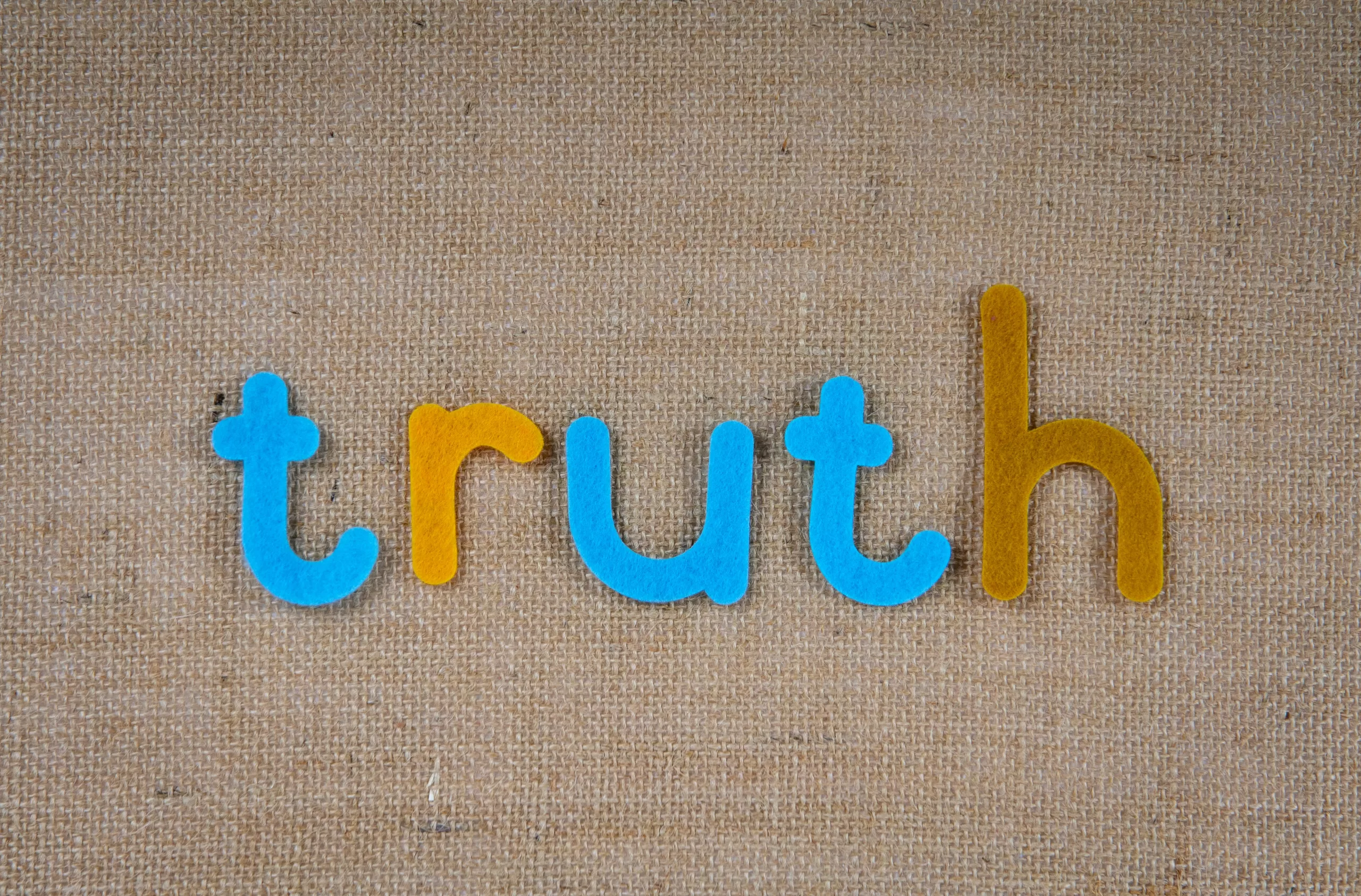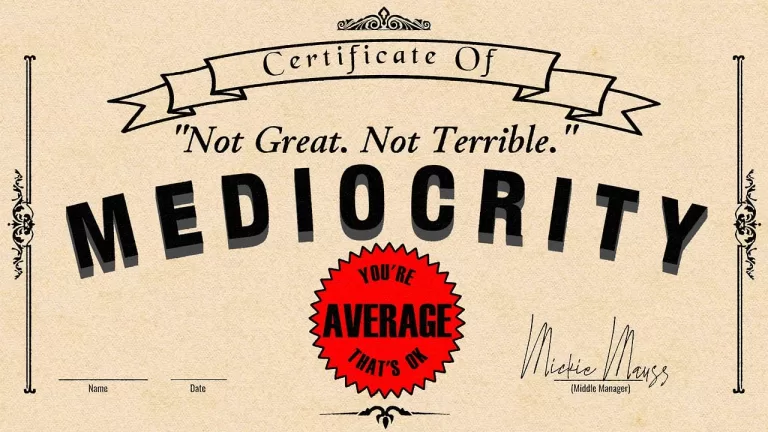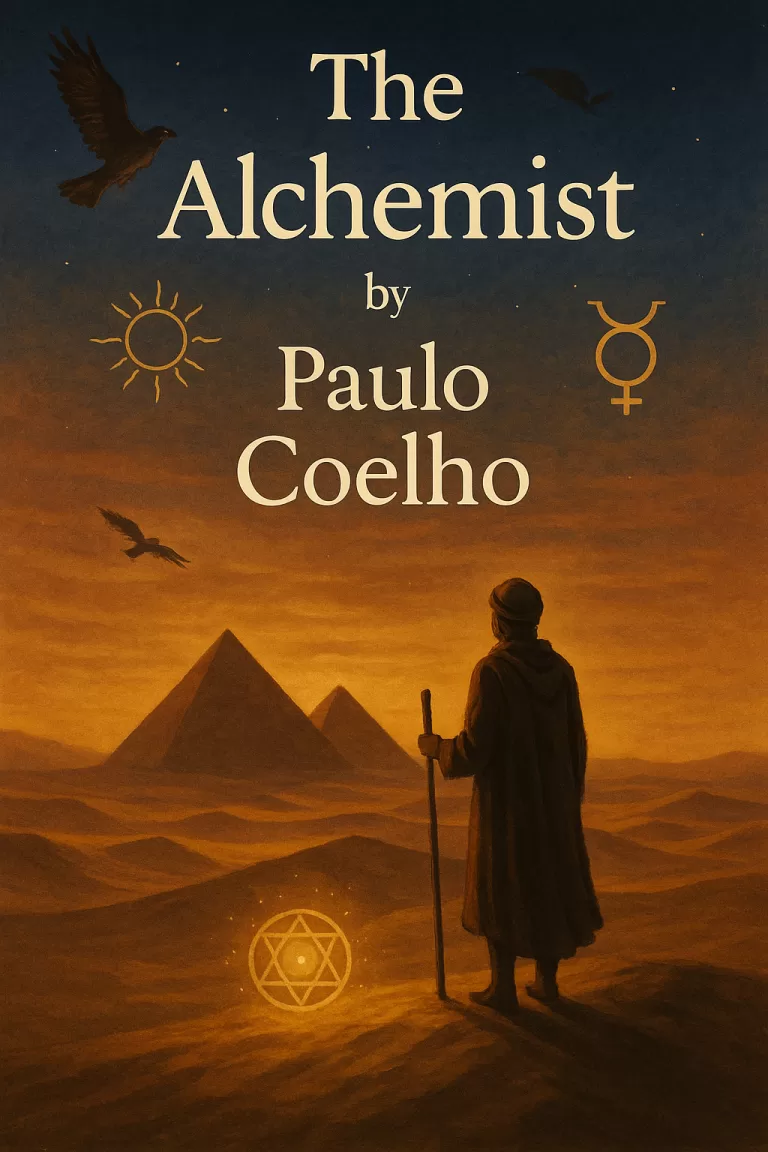In an era of misinformation, ideological divides, and growing skepticism about institutions, the question “What is truth?” looms large.
Recently, I came across a fascinating discussion that offered a bold and clarifying answer to this age-old question. The perspective shared was revolutionary: Truth, it was argued, is not a slippery or subjective thing. It is objective, discoverable, and central to human progress.
Let me share what I learned and why it might change how you think about truth itself.
Truth Is Objective — But Not Simple
Many people treat truth as a matter of opinion — tied to cultural norms, personal beliefs, or consensus. But what if that’s completely wrong?
The argument I encountered was compelling: Truth is what explains the way the world works. The best kind of truth is a good explanation — one that is hard to vary.
In other words, truth isn’t defined by agreement or authority. It’s defined by its ability to explain — and to resist variation. A good explanation isn’t just plausible; it’s so tightly connected to reality that changing even a part of it breaks the whole.
This connects to Karl Popper’s revolutionary idea that science advances through falsifiable hypotheses — not by proving things true, but by relentlessly weeding out what’s false.
Knowledge: Made, Not Found
Here’s where things get interesting: knowledge is not passively received from the world but actively created.
We don’t “discover” truths like archaeologists brushing off ancient bones. We conjecture — boldly guess — and then we criticize — rigorously test and refine.
Fallibility isn’t a flaw. It’s the source of all progress.
This idea demolishes the illusion of certainty. We are always working with the best explanations available — not absolute truths. And that’s not a weakness. It’s our strength.
Progress Through Better Explanations
This connects truth-seeking directly to human progress.
When we create better explanations — for physics, biology, economics, or ethics — we gain more power to solve problems and improve lives. Every major advance, from vaccines to human rights, started as a better idea — one that explained more, predicted more, and resisted falsification.
That’s why open societies, where ideas can be freely challenged, are so powerful. They create the conditions for truth to emerge.
“Hard to Vary”: The Test of Truth
One of the most intriguing concepts I encountered was that a good explanation must be hard to vary.
Imagine two stories:
- A conspiracy theory that keeps changing every time you question it
- A scientific theory that precisely predicts what will happen — and fails if even one detail changes
The second is “hard to vary.” It can’t be arbitrarily adjusted without collapsing.
This is what makes it closer to the truth.
Truth Without Certainty
Perhaps the most liberating part of this worldview is this insight:
We never reach absolute truth — but we can always get closer.
Truth is not a destination; it’s a journey. It’s not about being right, but about improving what we know.
That means embracing uncertainty — not as a threat, but as a sign that we’re on the right path. Every time we discard a bad explanation, we make room for a better one.
Why This Matters Now
In our current age of information overload and competing narratives, this framework offers something precious: hope.
Truth is real. It matters. And we can find it — not by obeying authority or clinging to tradition, but by thinking boldly, testing relentlessly, and being willing to change our minds.
In a time of confusion, that’s not just philosophical — it’s practical. It gives us tools to navigate complexity, distinguish good explanations from bad ones, and make progress even when we’re uncertain.
Moving Forward
This perspective doesn’t just offer a theory of truth — it offers a way of thinking that can transform how we approach problems, evaluate claims, and build a better understanding of our world.
The next time you encounter a claim, ask yourself: Is this explanation hard to vary? Does it connect tightly to reality? Can it be tested and potentially proven wrong?
These questions might just be the key to finding your way closer to truth.
What do you think? Does this view of truth resonate with you, or do you see it differently? The beauty of this framework is that it welcomes challenge and criticism — that’s how we get closer to understanding what’s really true.
